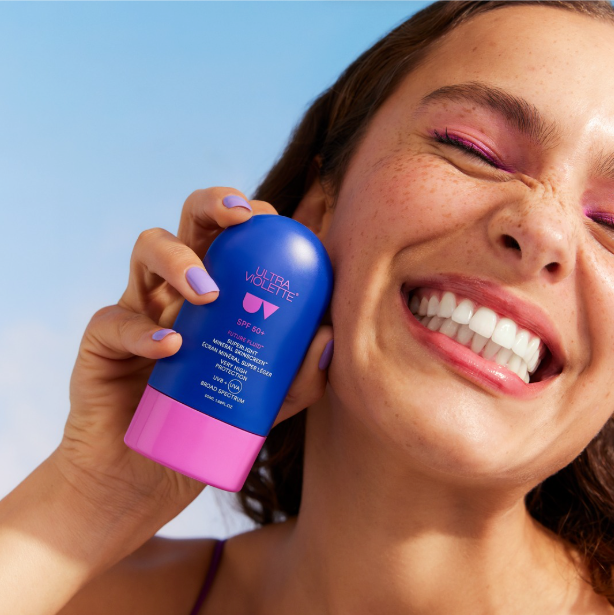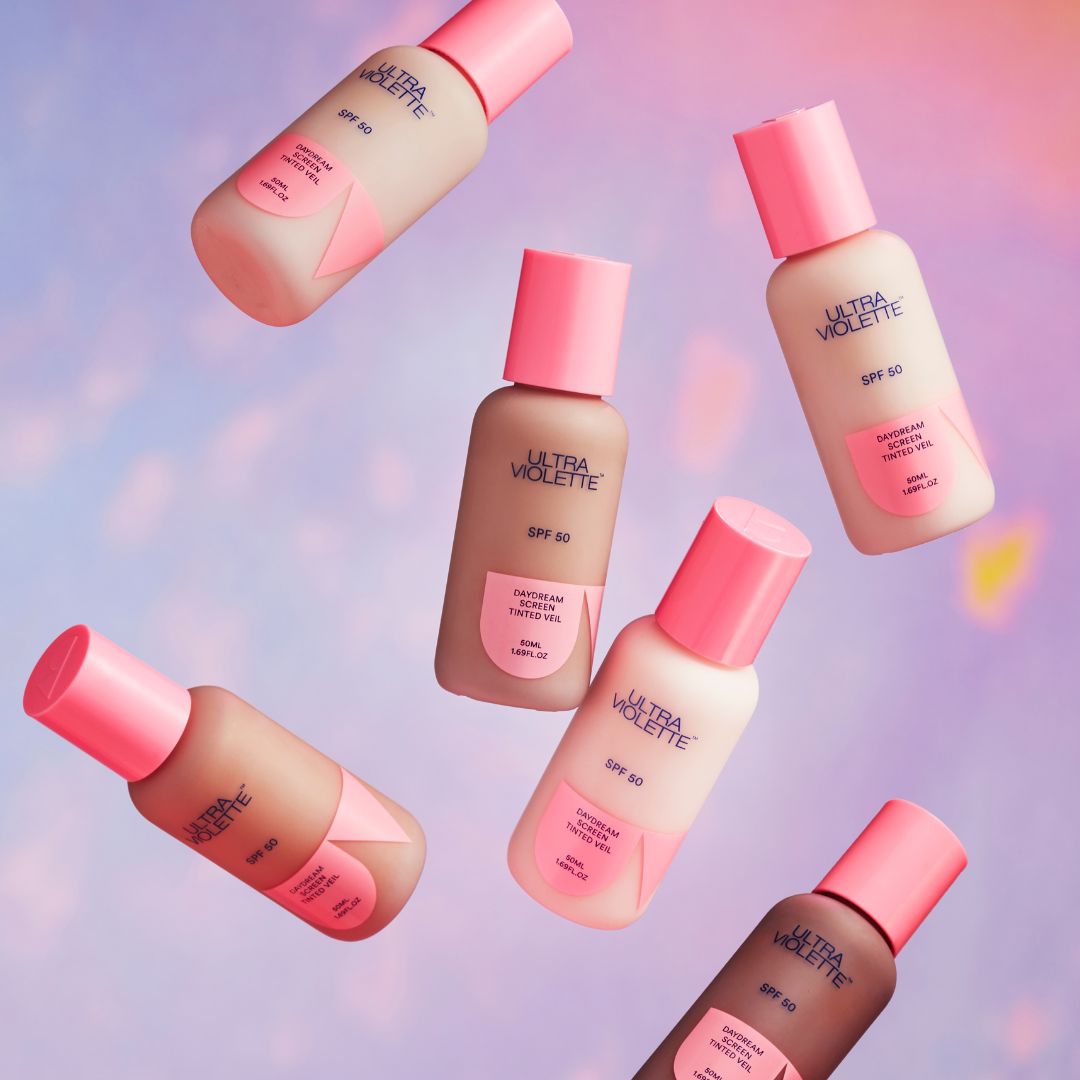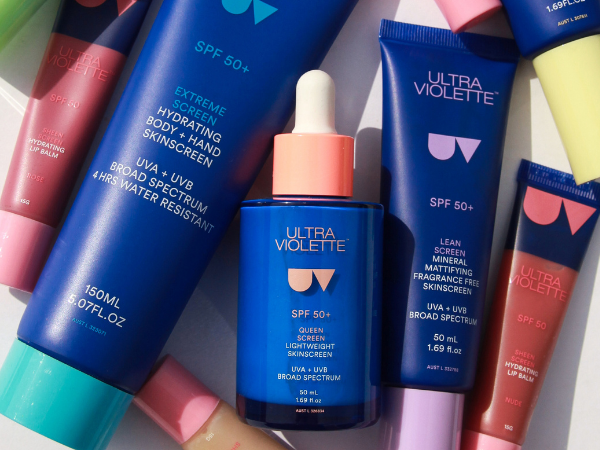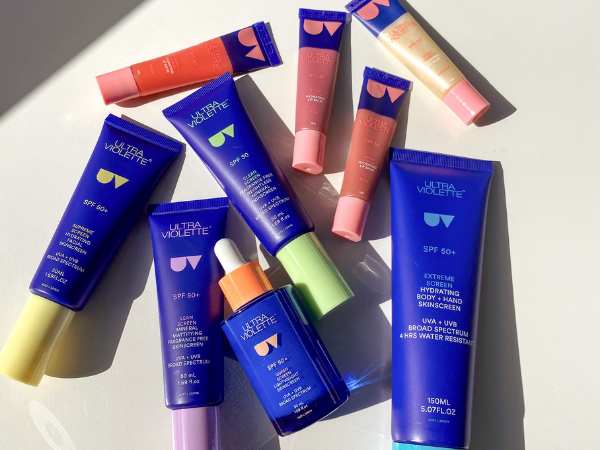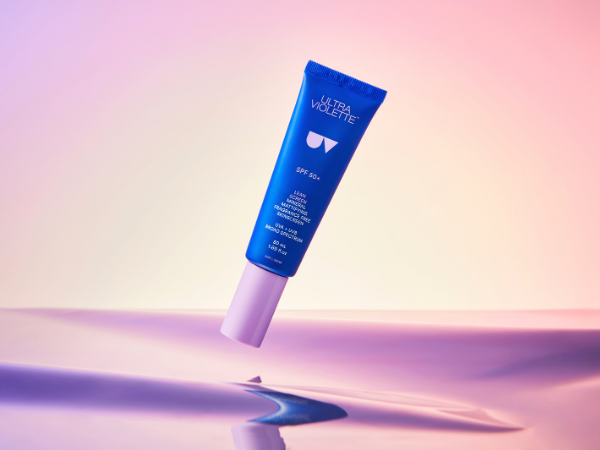So, to start, let’s get into what a UV filter is. Just like a queen to her crown, UV filters are what makes our SKINSCREEN™, SPFs. They’re the active ingredients responsible for doing all the hard work; protecting our skin from those harmful sun rays. Fun!
There are a lot of different ingredients that can do this, like zinc oxide or Tinosorbs. All these UV filters have different benefits and can be suited to certain skin types or conditions too. This is reflected how we describe the skinscreens; eg, Lean Screen contains zinc as a UV filter, which doubles as being a fab anti-inflammatory ingredient for soothing sensitive skin.
Then what the eff does mineral and chemical actually mean then?
Well! UV filters are generally split into two different categories; mineral or chemical, depending on how they work.
(Here’s a fun fact for you. These two categories have a few different names. Not that that makes it super confusing or anything… *eye roll*)
Chemical or Organic UV Filters - These filters are known for being lightweight, gliding onto the skin effortlessly and offering absolutely zero white cast.
They work by absorbing UV light to protect it from reaching your skin.
Chemical UV filters can be found in Queen Screen, Supreme Screen, Extreme Screen and Sheen Screen.
Mineral or Inorganic (or incorrectly referred to as Physcial) – Before Ultra Violette hit your #shelfies, these filters were known for being pretty thick. (Please note, not the good kind.)
Some people refer to them as physical, because there’s an outdated myth that mineral UV filters reflect all UV rays rather than absorbing them like chemical filters. This is only partially true.
Mineral UV filters actually work by absorbing 95% of rays and only reflecting 5%.
These filters can be found in both Clean Screen and Lean Screen.
SO! They work super similarly. Are you more confused than ever?
Basically, you’re just best to choose which formula is right for you.
Not sure which that is? Take our skinscreen quiz HERE and find your new SPF BFF.
